HSE University Cohosts Virtual THE Young Universities Summit

Several representatives of HSE University took part in the seventh Times Higher Education Young Universities Summit, organized jointly with HSE University on June 22-23 and held entirely online. The Summit focused on the global outlook for higher education and opportunities for new growth for young universities.
The Summit opened with remarks delivered by THE Chief Knowledge Officer Phil Baty and HSE University Rector Yaroslav Kuzminov. Valery Falkov, the Minister of Science and Higher Education of the Russian Federation, welcomed the participants of the summit, emphasizing that in our turbulent times it is very important to stay connected and enhance international cooperation.
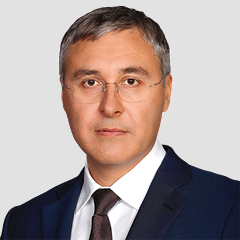
Valery Falkov, Minister of Science and Higher Education of the Russian Federation
‘The past year brought us a series of radical changes in the life of the universities. It is obvious that they are not temporary they are here to stay and will have significant impact on the world’s higher education systems. The universities worldwide had to go online. This radical transformation of learning process was not only a challenge, but also opened up new opportunities for all of us, but we are yet to fully assess their potential.
It is worth mentioning that the shift to education online highlighted more traditional challenges as well, among which to name a few are: equal access to high-quality higher education, maintaining academic cooperation, responsibility for the health of the university community – our colleagues, students, and their families.’
The event featured panels that addressed how the pandemic has impacted young universities, whether age still matters to a university’s reputation, and more. Professor Isak Froumin, Head of the Institute of Education, spoke at a panel dedicated to the role of governments in advancing universities’ success, and HSE Vice Rector Maria Yudkevich participated in a panel that discussed the question of whether the pandemic has shifted research culture at young universities. In addition, Professor Froumin moderated a session dedicated to the dual civic responsibilities of universities at the local and global levels. On the second and final day of the Summit, HSE Vice Rector Valeria Kasamara spoke at the panel, ‘Reinventing the Civic University Post-COVID 19’.
The Role of Government Aid in a University’s Success
In the session, ‘The Government's Role in Accelerating University Success’, panelists explored the relationship between government ministries and higher education in their respective countries, including the influence of governments on a university’s success. More specifically, the participants discussed the role of national excellence programmes in boosting university performance.
The session was moderated by Elizabeth Shepherd, Managing Director of THE consultancy services. The panelists included Isak Froumin, Head of HSE University’s Institute of Education; Ellen Hazelcorn, Professor Emerita of Technological University Dublin; and Avinash Chandra Pandey, Director of the Inter-University Accelerator Centre of the University Grants Commission.
Uneven Aid, Uneven Access
The panelists began the conversation by noting some of the changes in education policy and rhetoric they have observed in their countries since the start of the pandemic. Ellen Hazelcorn noted that, in Ireland, flexibility and digitalization came to the fore. The country’s national priorities have come to be centred around six objectives: skill training, talent pipeline, national and global engagement, increasing attainment levels, equality of opportunity and access, and learning environment quality.
In India, said Avinash Chandra Pandey, the governmental focus has shifted to online education. Efforts are being made to increase access to broadband, create new pedagogical models, develop more personalized learning, and to allow more collaborations between students and professors. Previously universities did not invest in digital initiatives, but the pandemic has changed that.
Isak Froumin spoke about the shifts in national educational policy in Russia. During the pandemic, he said, the government’s focus on global excellence led to increased stratification of the Russian university system with stronger universities becoming even stronger.
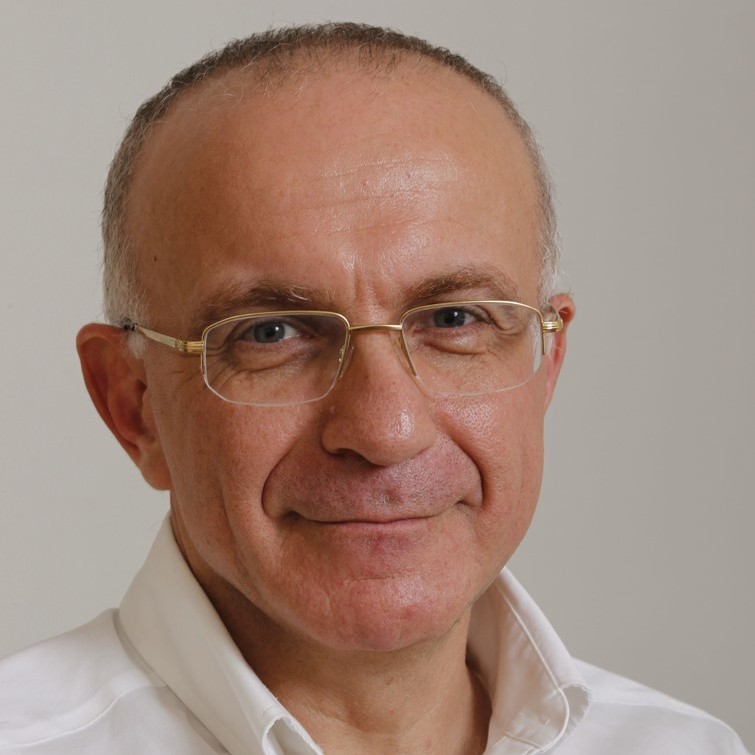
Isak Froumin, Head of the HSE Institute of Education
‘During the pandemic, we saw that universities that receive additional support took the lead in transitioning to remote learning. They had strong digital infrastructures and resources. Non-elite universities (or those that are not part of the national excellence programme) found themselves in a difficult situation, and this gap became dangerous for the system.’
In fact, Professor Froumin said, 20% of Russian universities were not sufficiently equipped to transition to online learning. When the Russian government required that universities move to online learning, this infrastructural gap presented a major barrier. ‘In the future, I think we will see more balanced policy,’ he said. ‘The government will continue to support global excellence, but I hope they will realize the danger of over-stratification and will support all universities to some degree.’
Academic Freedom
A question from the audience about how universities’ dependence on governmental aid can limit academic freedom turned the discussion to additional complications that come with government support of universities.
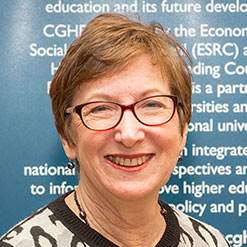
Ellen Hazelcorn, Professor emerita, Technological University Dublin
‘This is always an interesting issue — the balance between accountability and autonomy. Accountability could be in the form of performance funding and quality accreditation. The government should not be determining the curriculum, but there are national research priorities.’
‘There is no perfect balance,’ Isak Froumin said. ‘On the one hand we understand that governments want universities to meet their expectations of being a good university. Yet when a government hears about radical innovations, they might start asking questions about the risks.’
He noted that French or German excellence initiatives show a strong governmental influence not just on performance, but also on the process.
Professor Froumin also stressed the importance of finding rational arguments and not just speaking of autonomy as an eternal value. ‘We have to explain why university autonomy is critical for success. We have to explain to the government why some regulations need to be removed,’ he said.
On the other hand, universities are key in achieving national objectives. ‘As Ellen mentioned, when governments address [infrastructural or resource] gaps, the solution could be not only to support everyone but to facilitate cooperation within the higher education system – to compel elite universities to share their resources,’ continued Professor Froumin. ‘The Russian Ministry of Education is now facilitating such a collaborative project — HSE is launching joint research labs with regional universities.’
Professor Hazelcorn agreed. ‘Universities are anchor institutions and they have an important role. Regional development is a big national priority. Higher education should be seen as part of infrastructure of our societies. You can’t afford not to have roads, electricity, bandwidth. The same applies to education system from cradle to grave that provides for well-educated citizens,’ she said.
Changing Research Culture
Maria Yudkevich, Vice Rector of HSE University, participated in the panel entitled ‘Has the Pandemic Shifted the Research Culture for Young Universities?’ THE Chief Knowledge Officer Phil Baty moderated the session, and Marek Kwiek, Director of the Institute for Advanced Studies of Adam Mickiewicz University in Poznań, served as a panelist alongside Vice Rector Yudkevich.
‘It is clear that adversity has been disruptive for research in terms of shutting down campuses and laboratories, but researchers have shown incredible resilience as they collaborated across borders and found new opportunities for new kinds of collaboration,’ said Mr. Baty, opening the session.
The pandemic has also reasserted university research as one of the most profoundly important sources of public good, he noted. After all, it is not just the private sector, but university labs and researchers that helped develop COVID-19 vaccines in record time.
Marek Kwiek noted that, while the pandemic has turned our world upside down and brought on rapid change, some of the changes we are witnessing today were occurring prior to pandemic. Some long-term trends are strengthening while others are weakening or reversing. In many countries female researchers are currently more disadvantaged than male researchers due to new childcare or family needs that have arisen during the pandemic, he said.
Human Capital
Building on Marek Kwiek’s remarks, Maria Yudkevich stressed that the pandemic has revealed the importance of human capital.
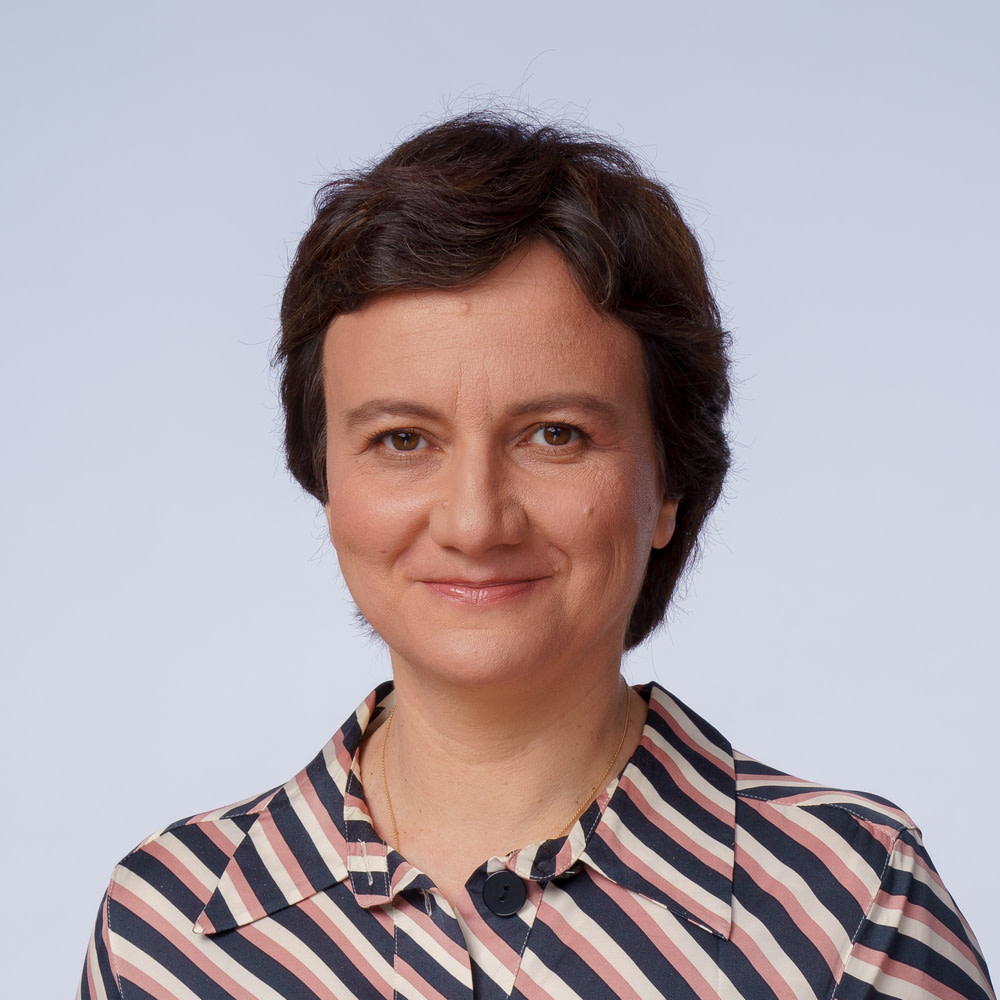
Maria Yudkevich, HSE University Vice Rector
‘For academia, human capital is the most important element. The basis for any research culture is peers. It’s peer culture – peer evaluation for research, peer governance and peer learning. We are now rethinking who the peers are. Geographic proximity is not a criterion anymore.’
The necessity to move learning and events online has removed the barrier of geography. It is now simultaneously more difficult (due to simultaneously timed events) and easier to compete for global attention. Young universities benefit from this. Additionally, the digital sphere facilitates cross-disciplinary communication. Many universities are now merging different departments to promote interdisciplinary communication, Vice Rector Yudkevich said.
Marek Kwiek agreed. ‘It was unthinkable that we can be in touch with greatest minds of science via webinars open to the whole world for free. Travelling was a huge waste of time. Now we can meet 100 colleagues from all over the world online.’
New Opportunities for Students
The move online has opened up new opportunities not only for researchers but for students. ‘We have expanded the geography of our research seminars,’ said Vice Rector Yudkevich.
‘For young people, it’s a great experience — they can become part of the global community. At HSE University we have international labs, and it was a struggle bringing international scholars to the university. Now the situation has improved — international researchers are available online, which gives immediate results in terms of research productivity.’
Vice Rector Yudkevich also stressed the importance of supporting early career scholars in the new reality, bringing people into academia, providing them with varied experience, and helping them grow. Oftentimes young people feel a lack of support, so it is important they feel part of a research team, she said.
The Impact of COVID on Research
An audience member pointed out that much funding has been diverted to COVID research. How can young universities attract funding to boost their rankings? ‘COVID research is not just about medicine or biology,’ replied Maria Yudkevich. ‘It’s about the huge impact on society as a whole. We have seen a boost in impactful research in philosophy, economics, sociology, and psychology that has examined the major transformations in societal institutions that affect all parts of our society. That’s why there is still a lot of work to do for the researchers.’
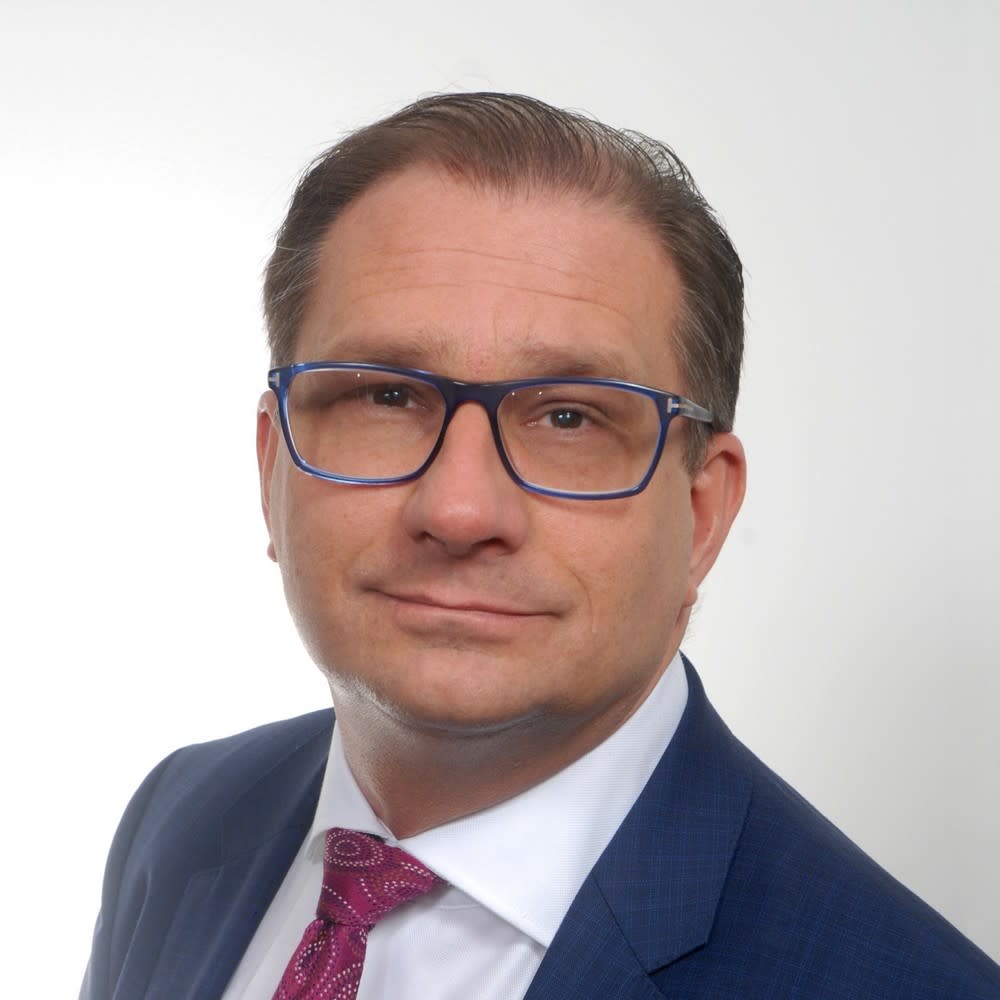
Marek Kwiek, Director of the Institute for Advanced Studies, Adam Mickiewicz University in Poznań
‘I am not inclined to ask all disciplines to respond to COVID. Science is not exclusively about COVID; it’s about so many things. It’s not the end of the world, hopefully. I would suggest looking around and continuing to fund all disciplines. We can’t just respond to what’s going on as it happens. We need to keep doing research and science as it is. COVID is not everything.’
The Civic University
On the second day of the summit, June 23, HSE Vice Rector Valeria Kasamara took part in the panel entitled, ‘Reinventing the Civic University Post-Covid 19’. Moderated by THE Deputy News Editor John Morgan, the session featured talks by Vice Rector Kasamara, Jane Robinson, Pro Vice-Chancellor of engagement and place (Newcastle University), and Pedro Teixeira, Associate Professor and Director of CIPES (University of Porto). The panelists gave a broad overview of civic missions that universities have in society and how these missions will change after the pandemic.
The first question the speakers discussed was whether the pandemic makes universities’ civic mission more urgent. Vice Rector Kasamara noted that HSE University, which proved to be better equipped for online instruction than other Russian universities, helped universities in the regions by offering free online courses on various platforms, including Coursera.
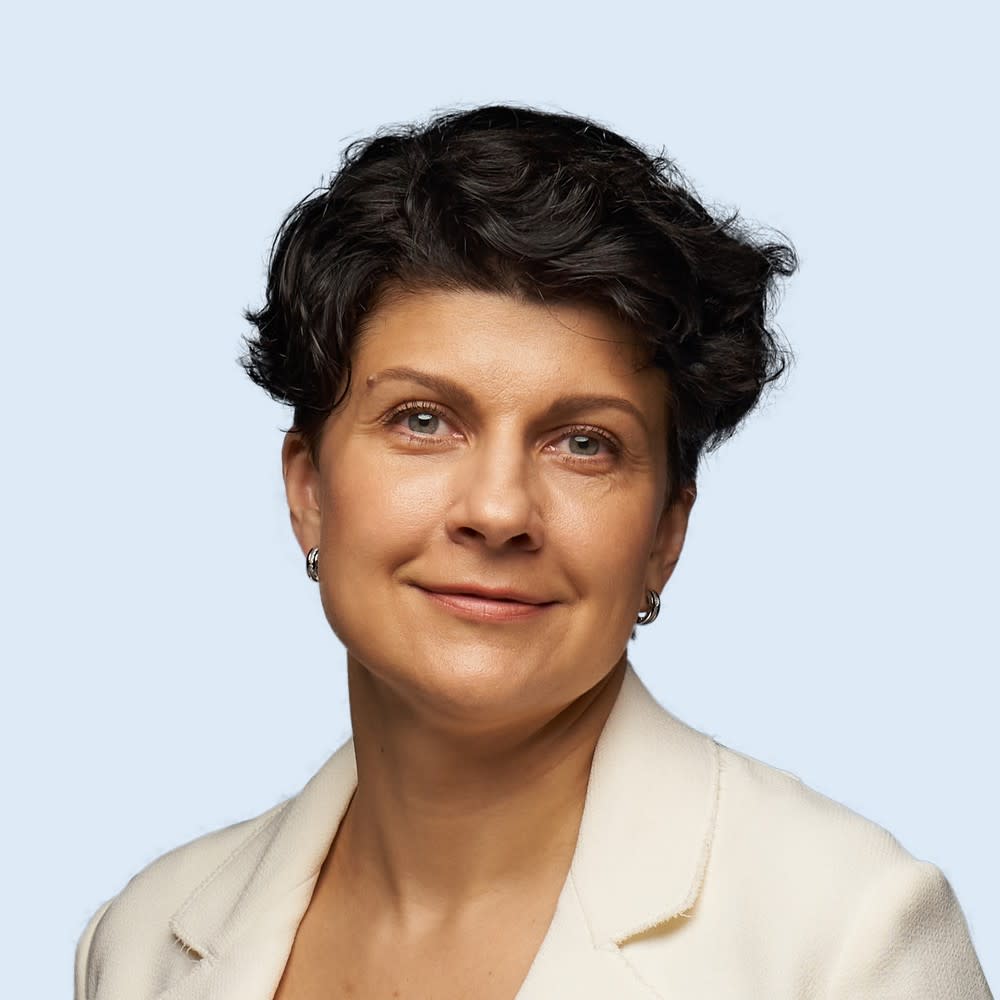
Valeria Kasamara, HSE University Vice Rector
‘Lots of projects that were part of our civic mission had to be changed as well. Traditional forms of volunteering (events) seized to be in demand. It was necessary to come up with new formats and to involve students and staff in digital volunteering projects. Our students helped classmates and teachers who had difficulties using online services. Many students volunteered as tutors for schoolchildren.’
HSE also adjusted programmes that involved senior citizens. ‘In order to ensure their safety,’ said Valeria Kasamara, ‘all activities were moved online. Students offered free legal advice and gave language lessons. HSE University also launched a hotline to reduce psychological tension. One of the most popular events were our online music concerts.’
Jane Robinson, too, stressed the importance of universities playing a role in engaging with communities and supporting economic and social recovery.
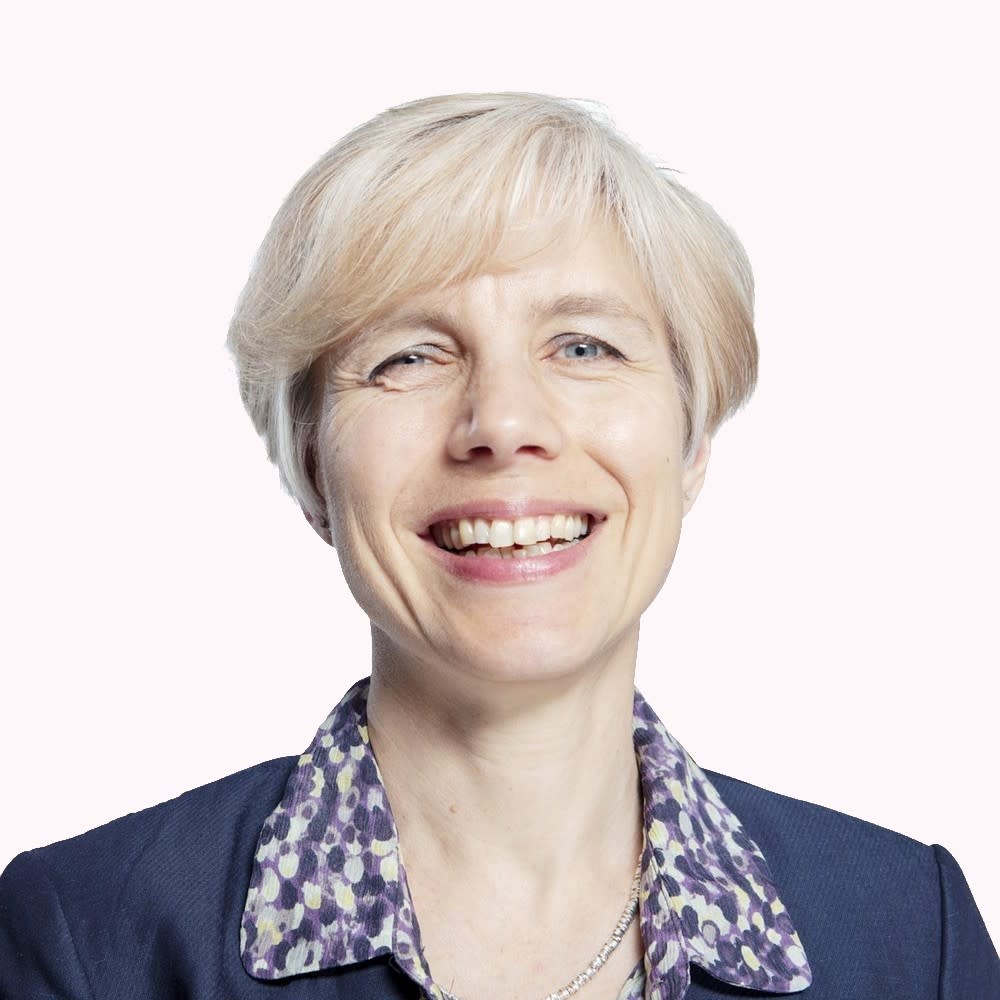
Jane Robinson, Pro vice-chancellor of engagement and place, Newcastle University
‘Universities are uniquely placed to help us understand the relationships between different aspects of our lives,’ she said. ‘Every corner of the world has been affected by the pandemic, and there is a huge opportunity for universities to share learning and experience.’
Resilience: New Skills, New Ways of Learning
Pedro Teixeira highlighted ‘resilience’ as the key word in talking about the pandemic. He said that higher education plays an important role in building resilience of societies. ‘The pandemic has accelerated certain trends such as automation, working from home, and flexibility. People with a university degree, who are more qualified, went through the pandemic in much more favorable conditions—because of the type of work they have and the skills they have. This makes university degrees even more important.’
The pandemic is changing the structure of employment in many countries, so people need to change their skill sets, which is where universities play a big role. This will require flexibility in the way universities approach learning.Universities are embedded in communities but the bigger challenge of building resilience will require stronger anchoring of universities in their civic role. This will require transformation of the way students are trained.
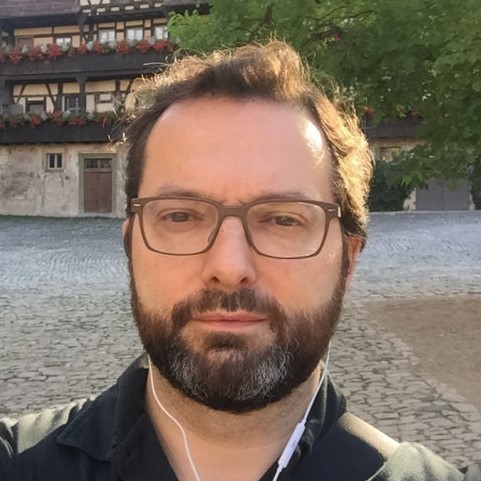
Pedro Teixeira, Associate professor and director of CIPES, University of Porto
‘The only certainty we have is that the future is uncertain. We need to help our students develop as individuals, to prepare them for social challenges.’
Connecting the Global and the Local
A big change universities have undergone is the transition from in-person to online learning, and this change has brought both advantages and disadvantages. It has become easier for students and researchers to engage in the global community, and people have been able to reduce their carbon footprint with less travel. However, digital inclusion poses a challenge, said Jane Robinson. ‘It is necessary to ensure that wider community has access to the digital resources,’ she said.
In addition, with less people traveling, physical presence is diminished. ‘The vibrancy of many places is enhanced by the fact that universities bring a lot of students to these places, which contributes to the local economy and cultural diversity,’ said Jane Robinson. The absence of this kind of physical presence not only highlights its importance, but also shows how the local and the global are very much connected. And making this connection is one of the key roles of universities, she said.
Valeria Kasamara agreed. ‘The global role and regional roles are two interconnected roles of each university. It’s impossible to separate them. Universities are building points for their regions and countries.’
Closing Sentiments: Agility in the Face of Crisis
Phil Baty and HSE Vice Rector Ivan Prostakov delivered remarks at the Summit’s closing ceremony. They commended the resilience and innovation universities have shown in the face of the pandemic crisis.
Phil Baty additionally noted that young universities are particularly well-positioned to seize windows of opportunity, as many of the case studies presented at the event demonstrated.
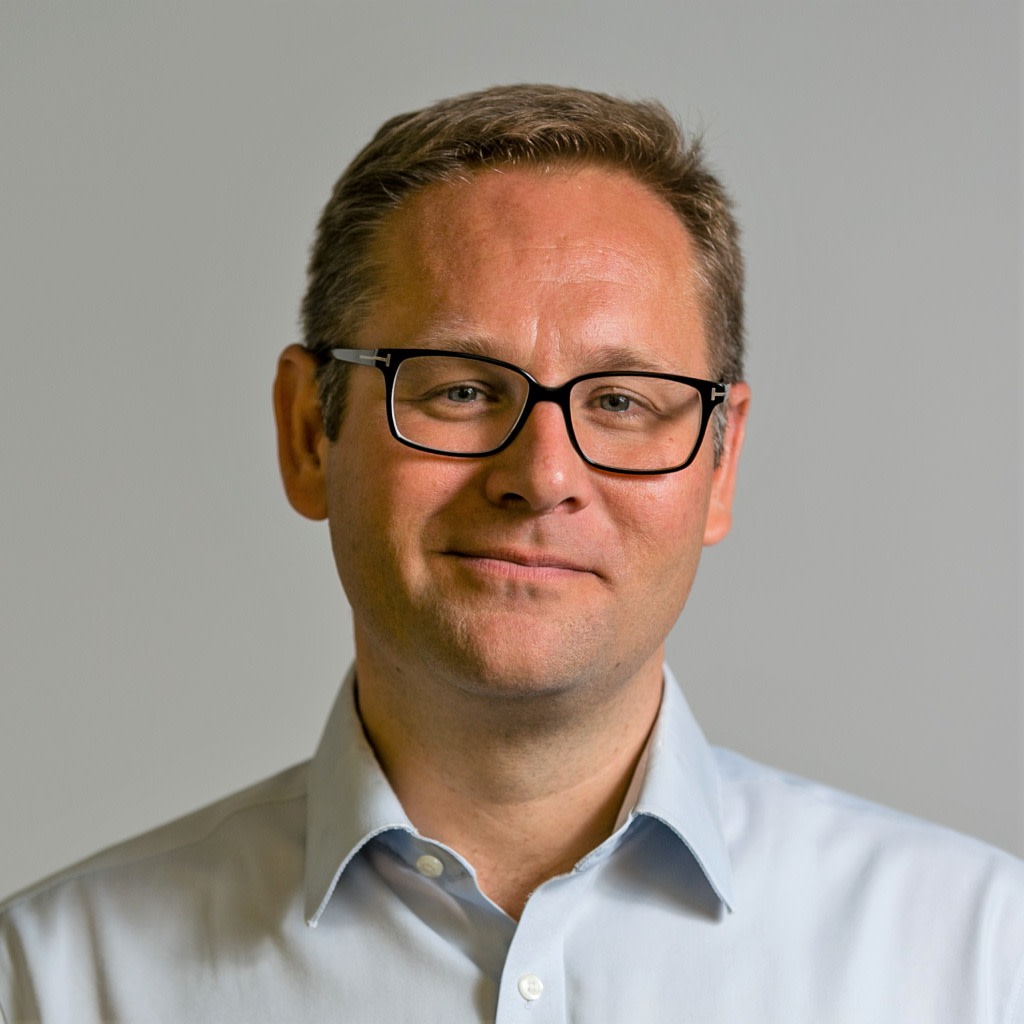
Phil Baty, Chief knowledge officer, THE
‘The crisis actually does present an opportunity for a great reset of a higher education sector. It can remove some of the traditional advantages that older universities have had. Universities’ ability to reposition themselves demonstrate their relevance to a post-pandemic world. It almost creates a more level playing field.’
Vice Rector Prostakov thanked all of the participants, speakers, and the team of Times Higher Education.
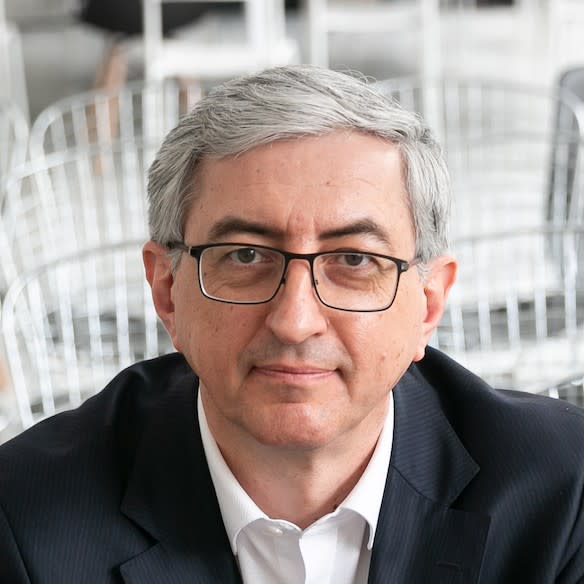
Ivan Prostakov, HSE University Vice Rector
‘The Summit has attracted around 1000 participants and almost 40 brilliant speakers. During these two days, the word most frequently used to talk about younger universities was “agile”. Agile means not only being fast in reactions to new challenges and problems, but also being proactive and going one step further thanks to ideas and best practices of a large and high-profile network.’
Both speakers expressed hope of seeing everyone in person next year at the next THE Summit, which is scheduled to be held in Moscow.
Yaroslav Kuzminov
HSE University Rector
Ivan Prostakov
HSE Vice Rector
Maria M. Yudkevich
HSE Vice Rector
See also:
Pivot to the East: A Comprehensive Study of the Cultural and Civilisational Centres of the Non-Western World is the Top Priority
China and the Chinese world, South Asia, Southeast Asia, the Arab countries, Iran, Turkey, Central Asia and Africa are gaining new significance in Russia’s foreign policy. However, we do not know enough about the Eastern countries. It is necessary to change the priorities in education, starting from grammar school. Prospects for the development of domestic Oriental studies in the context of the new stage in the development of the system of international relations were discussed at a round table at HSE University.
‘I Admire HSE Students’ Eagerness to Learn, to Discuss, to Broaden Their Perspectives’
Robert Romanowski was a ‘Digital Professor’ at HSE University in November 2021. In his interview for the HSE News Service, he talked about the specifics of online teaching, his course on Strategic Branding, and the skills that are essential for marketing professionals today.
Russia and Africa: Time to Expand Cooperation
There is major potential for economic and humanitarian cooperation between Russia and African countries. Particularly, Russian organisations and universities can help transfer competencies and knowledge in the fields of agriculture, energy, industrial production, environmental management, climate change, and public administration. Experts and representatives of African embassies in Russia discussed these issues at the round table ‘Russia-Africa Sharing Knowledge’ hosted by HSE University.
The Brain in Space: Investigating the Effects of Long Spaceflights on Space Travellers
As part of an international project conducted with the participation of Roscosmos and the European Space Agency, a team of researchers used differential tractography to analyse dMRI scans ofcosmonauts’ brains and found significant changes in brain connectivity, with some of the changes persisting after seven months back on Earth. The paper is published in Frontiers in Neural Circuits.
HSE University-Perm and the Training Centre of the Uzbek Ministry of Finance Sign Cooperation Agreement
HSE University in Perm has become the first academic partner of the Training Centre under the Ministry of Finance of the Republic of Uzbekistan. The parties have signed a cooperation agreement in education and research.
THE Names HSE One of the Top 75 Young Universities
HSE University has placed 66th in the Times Higher Education Young University Rankings 2022, which assess universities younger than 50 years old. The THE Young University Ranking is the first in a series of global rankings to be published in 2022.
HSE University Strengthens Ties with Netherlands in Agricultural Research and Education
On November 9, 2021, HSE University signed a memorandum of understanding with Wageningen University & Research, a major university in the Netherlands and one of the leading agricultural research institutes in the world. Participants of the signing ceremony included HSE University Rector Nikita Anisimov, President of the Wageningen University & Research Executive Board Professor Louise Fresco, and Dutch Ambassador to Russia Gilles Beschoor Plug.
The Majority of Russians Do Not Support Microchip Implants
The majority of Russians would not agree to being fitted with microchip implants for any purposes—medical or otherwise. A joint study conducted by HSE University’s International Laboratory for Applied Network Research and Aventica found that respondents believe the risks of personal data leaks and misuse to be too high.
‘We Can Now Say That the Finance Conference Is Global’
The 10th International Moscow Finance Conference, organized by HSE ICEF, took place on October 29–30 online. Vladimir Sokolov, Head of the International Laboratory of Financial Economics, which hosted the conference, talks about the participants, the key presentation topics and how they will impact the global economy.
HSE University Scholars Study Green Transition Risks and Greenhouse Gas Emission Regulation
The UN Climate Change Conference is taking place from October 31 to November 12 in Glasgow. The conference focuses on preventive measures against the catastrophic and irreversible consequences of rising average global air temperatures. Igor Makarov, Head of the HSE Laboratory for Economics of Climate Change, will be taking part in the Glasgow conference. In the following interview, he speaks about the pressing problems Russia and the world are facing, and the research HSE scholars are doing on climate change.


